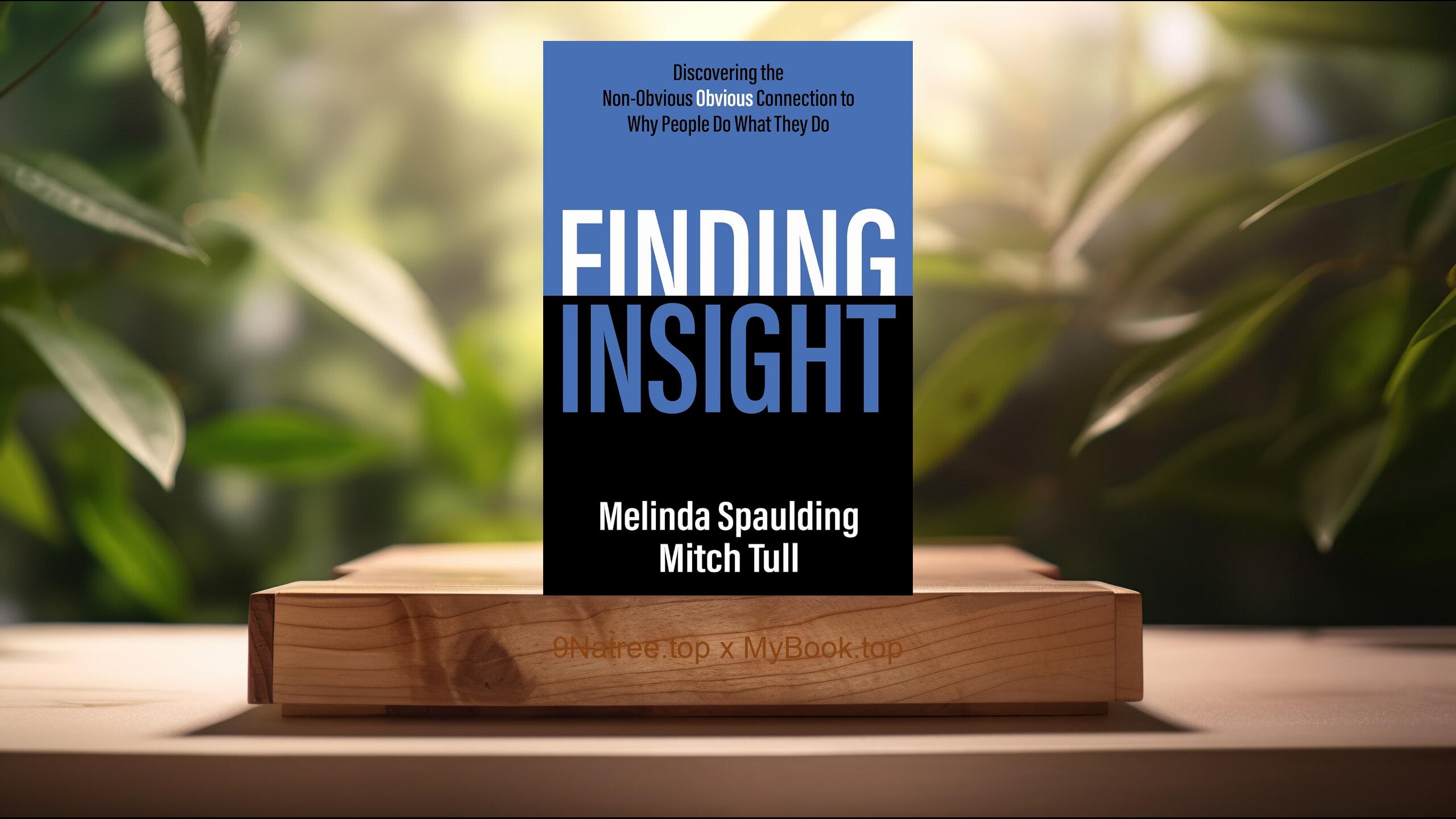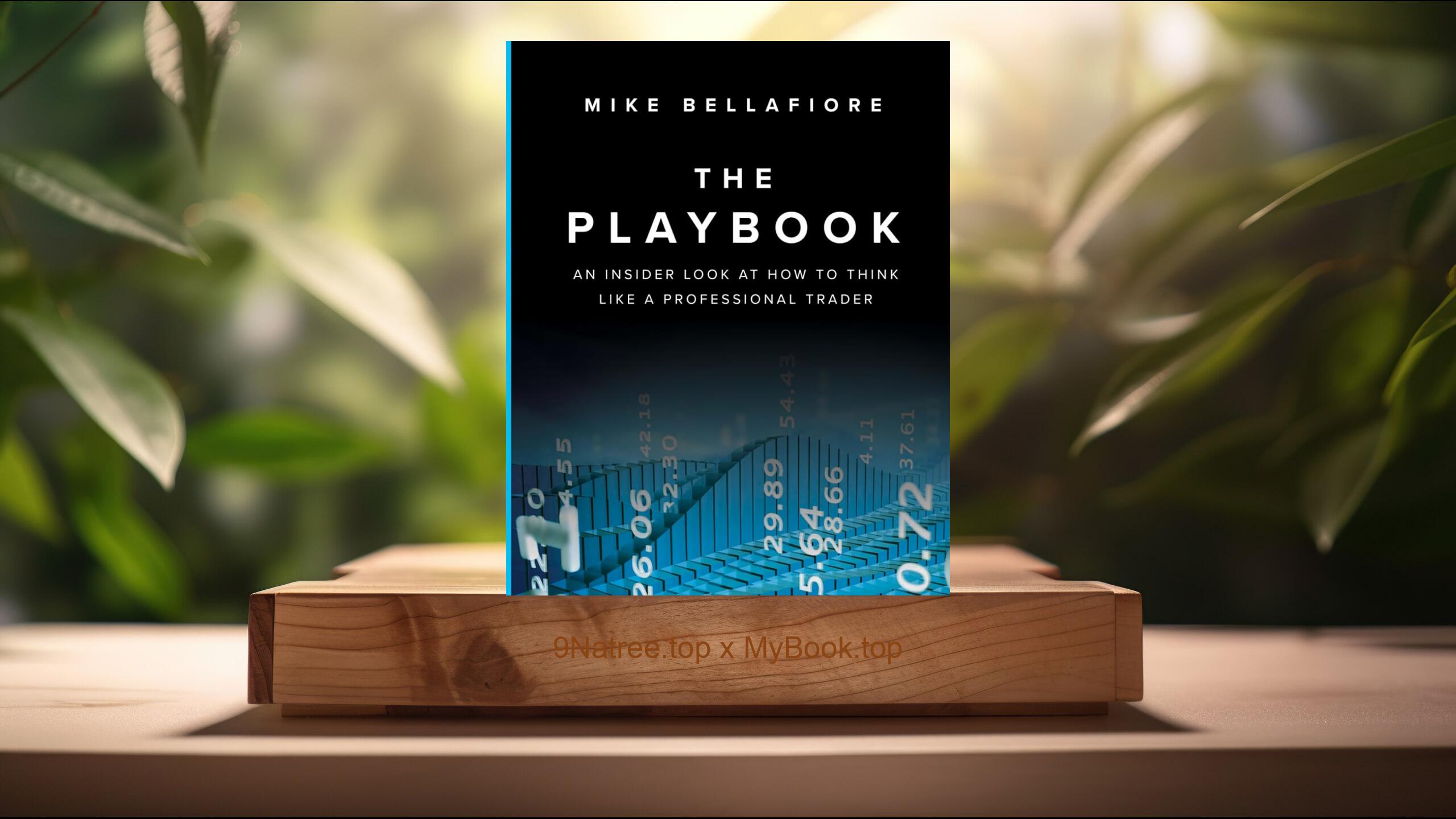Show Notes
- Amazon USA Store: https://www.amazon.com/dp/B074JCG4P9?tag=9natree-20
- Amazon Worldwide Store: https://global.buys.trade/The-Emperor-s-New-Mind-Roger-Penrose.html
- Apple Books: https://books.apple.com/us/audiobook/the-emperors-new-mind-concerning-computers-minds-and/id1641766555?itsct=books_box_link&itscg=30200&ls=1&at=1001l3bAw&ct=9natree
- eBay: https://www.ebay.com/sch/i.html?_nkw=The+Emperor+s+New+Mind+Roger+Penrose+&mkcid=1&mkrid=711-53200-19255-0&siteid=0&campid=5339060787&customid=9natree&toolid=10001&mkevt=1
- Read more: https://mybook.top/read/B074JCG4P9/
#QuantumConsciousness #ArtificialIntelligence #AlgorithmicLimitations #Gödel’sIncompleteness #PhilosophyofMind #TheEmperorsNewMind
These are takeaways from this book.
Firstly, Limitations of Algorithmic Computation, One of the central themes Penrose critically addresses is the true capability and inherent limits of algorithmic computation. He argues convincingly that no algorithmic process, even in principle, can completely emulate the depth and scope of human reasoning and mental processes. Penrose leverages Gödel's incompleteness theorems, which essentially state that in any sufficiently powerful axiomatic mathematical system, there are propositions about numbers that cannot be proven or disproven using the system itself. Applied to artificial intelligence, this would mean that computational algorithms, being inherently axiomatic, will inevitably encounter insurmountable limitations. He insists that mathematical understanding and consciousness incorporate non-algorithmic processes which fundamentally differentiate human intelligence from computational intelligence. This position incites rigorous debates regarding the position of humans as unique conscious beings and challenges designers and researchers in AI to reconsider their approaches.
Secondly, Role of Quantum Mechanics in Consciousness, Penrose extensively examines the idea that quantum mechanical events, characterized by uncertainty and superposition of states, could account for aspects of consciousness unattainable by classical physics or computational reasoning. Penrose delves into quantum theory, suggesting the possibility that quantum coherence and subsequent collapse might play a crucial functional role within the neural structures of the human brain. He explores this quantum approach principally through concepts of wave function collapse and quantum entanglements, and suggests that the interplay between quantum mechanics and neurobiology is integral to human consciousness. By doing so, he invites notable curiosity, skepticism, and serious reconsideration of traditional neuroscientific frameworks, ultimately proposing that the mind may act through quantum mechanisms rather than classical computational procedures.
Thirdly, Exploration of Consciousness and Neurobiology, Throughout the book, Penrose explores deep philosophical questions regarding consciousness, supported by insights in neurobiology. Specifically, Penrose investigates how conscious experiences are linked to biological processes within the brain. He presents groundbreaking thoughts on microtubules, sub-neural structures within brain cells, as potential sites that may facilitate quantum events crucial to consciousness. These explorations aim to bridge the gap between subjective experiences—often elusive and intangible—and objective, scientifically observable phenomena. Penrose advances ideas that guide consciousness research toward incorporating quantum biology, stimulating further scientific experimentation and theoretical endeavors within neuroscience.
Fourthly, Philosophical Insights on Human Cognition, Penrose situates his scientific exploration within a broader philosophical context, extensively discussing profound philosophical implications about the essence and uniqueness of human cognition. He critiques prominent philosophical positions such as computationalism—the view that humans operate like computers—and instead advocates for anti-computationalist perspectives. Penrose’s philosophical discourse acknowledges human cognition as profoundly distinct, spontaneous, creative, and inherently cautious toward attempts at mechanical simulation. These insights engage readers in foundational philosophical debates from consciousness to free will, situating Penrose’s scientific arguments within rich and stimulating philosophical narratives.
Lastly, Implications for Artificial Intelligence, Roger Penrose concludes by addressing implications of his theories and arguments on the future of artificial intelligence. If human consciousness indeed requires quantum mechanisms beyond algorithmic functioning, this has considerable consequences for AI research and development. His hypothesis critiques overly optimistic assessments in AI research, suggesting the prevailing computational paradigm might misrepresent or overlook intrinsic human cognitive phenomena. Penrose's arguments thus set boundaries to AI capabilities and compel AI developers and researchers to reevaluate foundational assumptions on algorithmic computations, urging a paradigm shift in the approach towards building intelligent machines capable not merely of computations but authentic consciousness.
![[Review] The Emperor's New Mind (Roger Penrose) Summarized](https://episodes.castos.com/660078c6833215-59505987/images/2011834/c1a-085k3-7z3k1mgmtn4j-n33wkg.jpg)




